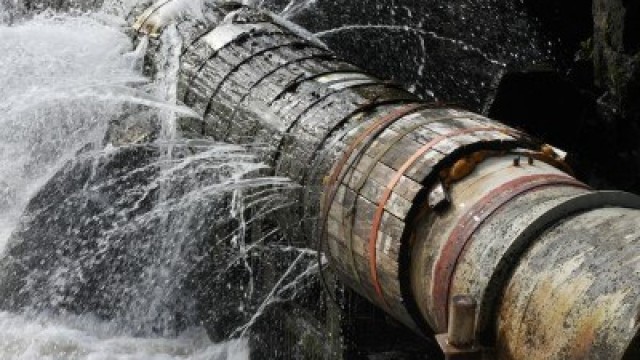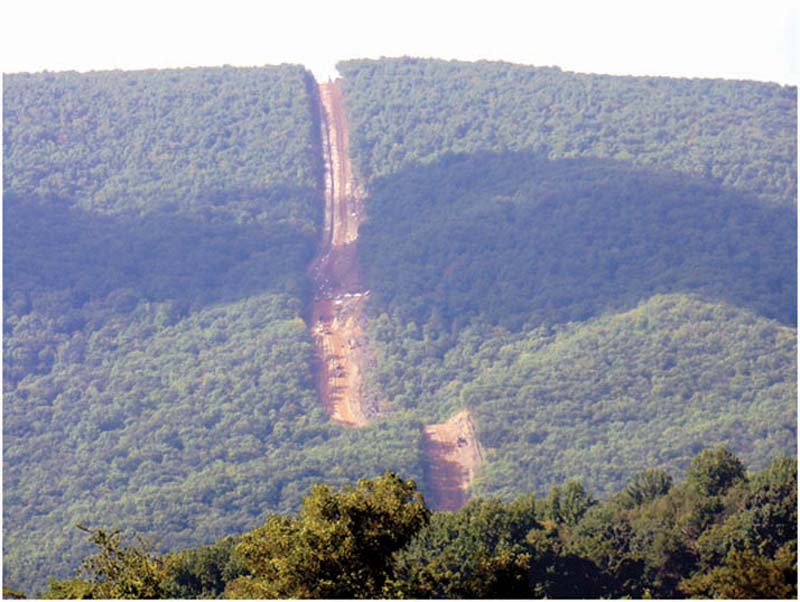The Rover Pipeline has been under construction in Ohio for about two months at this point. It’s not making a lot of friends.
The Ohio EPA has fined Rover $431,000 for 18 separate violations.
That’s a big number, but for a project that’s going to cost an estimated $4,200,000,000, it’s kind of small.
What’s really interesting is that the head of the EPA is frustrated with Rover’s attitude. In the Columbus Dispatch article linked above, he says, “All told, our frustration is really high. We don’t think they’re taking Ohio seriously. Normally when we have … a series of events like this, companies respond with a whole lot of contrition and whole lot of commitment. We haven’t seen that. It’s pretty shocking.”
If Rover doesn’t get its act together, they may find themselves facing a stop work order from the State of Ohio. They were able railroad landowners using federal law, but they are up against an entirely different animal when they tick off the head of a State agency that has the power to stop them in their tracks.
This also doesn’t inspire confidence that the end product is going to be well built. Management problems trickle down to workers, and quality suffers. It’s the natural way of all organizations.
UPDATE: May 11, 2017 — The FERC has halted drilling by the Rover Pipeline at eight locations in Ohio. Drilling already in progress is going to continue, as stopping the drilling increases the risk of collapse and spills. The Tuscarawas River location will have independent third-party oversight. Rover also has to double the number of environmental inspectors per construction spread.
UPDATE: May 16, 2017 — It turns out that the fine was not a fine, but a penalty that it will have to pay and that can be negotiated. A spokesman for the Ohio EPA seems to have made that comment that’s quoted above, not the head of the Ohio EPA, and everything about the situation is pretty fluid. It’s more than a little disappointing when facts get distorted by the news outlets. Who do you trust?


